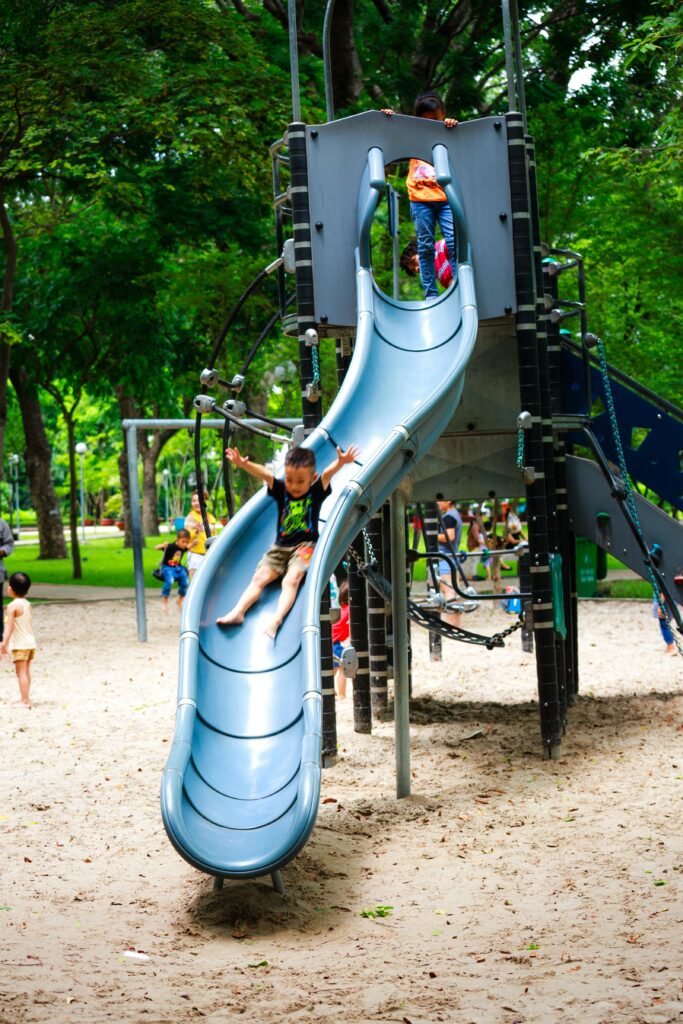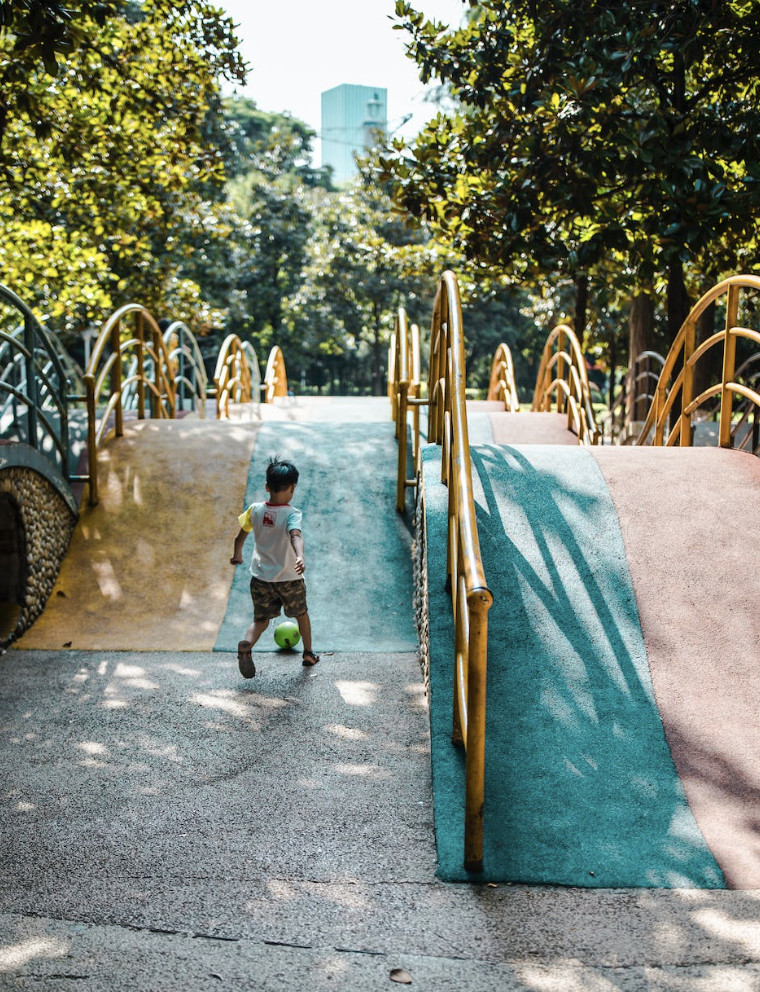Reimagine Play for Optimal Growth: Why Traditional Playgrounds Might Be Missing the Mark for Your Child’s Development!
In a world driven by technology and convenience, the art of play has taken on a new form.
Yet, a groundbreaking study from the University of South Australia is about to remind us of an essential truth: nature is the ultimate playground for children’s growth, health, and happiness.
So, are we overlooking the secret recipe for optimal development? Could our modern approach to play be missing the mark? Are we depriving our children of the extraordinary benefits hidden within the realm of nature play?

Unlocking the Power of Nature: Could Playtime in the Great Outdoors Be the Key to Supercharging Your Child’s Growth?
Led by UniSA masters student Kylie Dankiw and researcher Associate Professor Katherine Baldock, this groundbreaking research unveils the transformative power of nature play on children aged 2-12 years. The results are astounding, showcasing how nature play can elevate children’s complex thinking skills, social abilities, and creativity.
In a world that often confines play within structured spaces, this study shines a light on the potential of nature play spaces to revolutionise children’s development, unlocking benefits that extend beyond the ordinary.
“Nature play has gained popularity, but educators and parents seek evidence to support the shift from traditional playgrounds to nature-based spaces,” Dankiw explains.
The research, a systematic review of 16 studies involving unstructured play in natural environments, presents a compelling case for the integration of nature play into children’s lives.
With a focus on elements like forests, green spaces, gardens, and outdoor landscapes, the findings resonate as a clarion call for change.
Nature play emerges as the catalyst for a well-rounded growth journey. It ignites physical activity, improves health-related fitness, hones motor skills, and fosters social and emotional development. But that’s not all – the impact reaches even deeper.

Empower Your Child’s Future: Discover the Game-Changing Benefits of Nature Play for Their Physical, Social, and Emotional Well-being!
Is it possible that nature play is the secret to unlocking your child’s cognitive potential? Could it reshape their learning journey for the better?
The research suggests just that. Nature play is linked to enhanced cognitive and learning outcomes, including improved attention, concentration, constructive play, social interactions, and even imaginative play. By allowing children to immerse themselves in natural surroundings, we might be nurturing their minds and souls in ways we never imagined.
“Nature play is about the magic of getting dirty, making mud pies, building stick forts, and embarking on outdoor adventures,” Dankiw emphasises.
Yet, in a world driven by screens and schedules, such opportunities are dwindling. The study raises a thought-provoking question: are we rob our children of the chance to grow in the best possible way?
By embracing nature play, we’re not only fostering physical development but also building life skills – negotiation, sharing, and the art of friendship. These skills, cultivated amidst the rustling leaves and soft earth, might just be the foundation for a resilient, emotionally healthy future.
Are you ready to rewrite your child’s growth story? Join the movement to unshackle play from conventional confines and set it free in the embrace of nature.
Remember, it’s not just about play; it’s about potential. Nature play offers a canvas for creativity, a landscape for growth, and an opportunity to reshape the way our children thrive. Step into the world of nature play and let your child’s journey towards holistic development unfold amidst the wonders of the great outdoors. The adventure begins now!
For more great articles and events see the Parent Newsroom.
Leave a Reply